By Bernie Clark, February 12th, 2018
“Why do we park in driveways but drive in parkways?” asked George Carlin. He had a way with words, with parsing their meanings and finding the inconsistencies we gloss over in daily speech. “Who wants to get on a plane? I want to get in the plane!” It is only when these inconsistencies are brought into conscious awareness that we can understand their effect on us or determine if better ways of expressing ourselves should be found. “Is a turtle without his shell naked or homeless?” Which word would you choose?
Word choice matter more than we realize, not just when making people laugh at the ludicrosity of our language, but also in yoga classes. Teachers can use words to inspire or to create fear and aversion. There have been many times that I have heard yoga teachers use the following phrases, and perhaps some of them are familiar to you too:
- Don’t dump into your bones
- Don’t crunch your neck
- Don’t collapse into your lower back
- Don’t torque your knees
- Don’t hang out in your joints
Why were the teachers choosing the terms in italics, assuming they actually made a conscious choice and were not simply repeating what they heard their teachers say? These teachers have the best of intentions: they believe that they are helping their students avoid injury, either now or in the future. However, let’s look at these words a bit more carefully. They are all synonyms for another word: stress! If we make the substitution, what the teacher is saying becomes
- Don’t stress your bones
- Don’t stress your neck
- Don’t stress your lower back
- Don’t stress your knees
- Don’t stress your joints

Do these statements strike you differently than the first versions? The first set of italicized words contains a negative connation, of course, but they basically mean stress. Stress can be bad, but it can also be good. Too much stress: bad. Too little stress: also bad. The just right amount of stress: good! The technical term for good stress is “eustress”; the technical term for bad stress is “distress”. It is true that we do not want to distress our body, but it is not true that we do not want any stress in our body. Exercise is a form of eustress, when done appropriately. We could, in fact, substitute “exercise” for “stress” in the above sayings, which gives us
- Don’t exercise your bones
- Don’t exercise your neck
- Don’t exercise your lower back
- Don’t exercise your knees
- Don’t exercise your joints
Suddenly, these heart-felt warnings intending to save us from injury do not look quite so healthy. All tissues in our body need exercise to regain and maintain optimal health. If a teacher chooses words that have a negative connotation, the student may become fearful of stress in areas of the body that need exercise.
Rather than use fear, why not inspire investigation? Why not check out what is happening in the neck, back, joints, etc. and consciously decide whether the stress being experienced is healthy (eustress) or damaging (distress), rather than dictate a-priori that any stress in these areas is automatically harmful. If we choose to apply words like “dump”, “crunch” or “collapse”, we will be sowing seeds of fear in the student which may prevent her or him from exercising their bodies in a way that is healthy and appropriate. Instead, we can instill curiosity by choosing other words:
- What do you feel in your bones
- Investigate what is happening in your neck
- Pay attention to your lower back
- Notice your knees
- Sense your joints
George Carlin asked, “Isn’t it a bit unnerving that doctors call what they do ‘practice’?” Words matter! Yoga teachers can take care to make sure that their choice of words create curiosity and exploration rather than fear and avoidance. If you are a student hearing negative words from your teacher, you are free to make a mental substitution of the negative term for a word that invites exploration, and then see if the suggestion makes sense to you for your body.
